Sen. Tammy Baldwin, D-Wis., successfully won re-election in Wisconsin all while President-elect Donald Trump simultaneously flipped the state back to red in the presidential election.
As to how she did it, the Democrat attributes much of her win to her “72-county strategy.” Baldwin made sure during her campaign to traverse the entire state, venturing far from the two large blue enclaves of Milwaukee and Dane counties.
“I think showing up matters, listening matters,” she said in an interview with Fox News Digital. “And so I go, and I really listen and get to know the challenges and aspirations of people all over the state, rural areas, suburban areas, urban areas.”
Baldwin won by a few tens of thousands of votes in the state, clinching victory by roughly the same margin as Trump.
RFK JR’S ABORTION ‘ISSUE’: SENATE GOP PLANS TO SCRUTINIZE TRUMP HHS PICK’S POSITION
According to her campaign, she did more than 250 events in Wisconsin in 2024 alone. She also hosted several targeted tours during her campaign, including her Dairyland Tour and her Rural Leaders for Tammy Tour.
Further, Baldwin’s campaign microtargeted rural communities to deliver content regarding her agricultural work.
But her rigorous travel is not the only thing that sealed the deal for her. The senator acknowledged that people can go everywhere, but they also need to effectively engage voters in each place they travel to.
One thing she noted is that she’s “had years to earn the trust of Wisconsin voters,” referencing the short few months that the campaign of Vice President Kamala Harris had to turn out voters for her in the state.
Baldwin also said she convenes roundtables and forums on relevant issues while she travels in Wisconsin.
“So I’ve done that on, say, the fentanyl and opioid epidemic, bringing together first responders, public health officials, concerned community members to talk about what does the epidemic look like in this community, in this area of the state? What resources do you need? What are your biggest worries?”
She also held events geared toward agricultural issues, she noted.
Baldwin notably credits, in part, her work on agricultural issues with her re-election win. In early October, Baldwin earned the endorsement of the Wisconsin Farm Bureau Federation Board of Directors, which was a significant achievement for a Democrat in a statewide election.
“They cited a number of different measures that I either championed or actually got into law,” she said.
The senator pointed to her Dairy Business Innovation Act, which provides small grants to various dairy producers and processors.
“I went this past spring to a particular farm that had received one of these grants, and they had also invited several other farmers and processors who had received grants to show me what they were able to do with these grants in order to grow their business and improve their bottom line,” she said.
RICK SCOTT OUTLINES CONSENSUS FOR ‘DRAMATIC CHANGE’ TO SENATE OPERATION IN POST-MCCONNELL ERA
The Wisconsin Democrat also pointed to the large manufacturing sector in her state and attributed her push for “buy America” rules in pieces of legislation as helping her win some of those voters.
On whether her campaign is a model for other Democrats, specifically those in swing states, she said, “I think it is something that would be helpful to many public officials.”
Baldwin added that she realized the need to travel Wisconsin to this extent during her first Senate campaign: “I had been in the House of Representatives representing, as you know, seven counties in [the] south-central part of the state. I had to learn Wisconsin as I was running.”
MATT GAETZ ‘WORKING THE PHONES,’ SPEAKING TO GOP SENATORS DESPITE DIFFICULT CONFIRMATION ODDS
“And so traveling to do that learning was extremely important, being exposed to, you know, the timber industry and the north woods. We didn’t have a big timber industry in the south-central part of the state.”
The Midwestern senator also said this was the first time she heard from Wisconsinites that elected officials hadn’t been spending much time in certain parts of the state.
“One thing I will say that I hear from constituents when I show up is just like, ‘I don’t remember the last time we had a U.S. senator visit our community, and especially not a Democrat,’” she said.
“It’s like, you know, the timber industry folks saying, ‘I don’t think we’ve ever had a senator pay so much attention to us,’” she added.

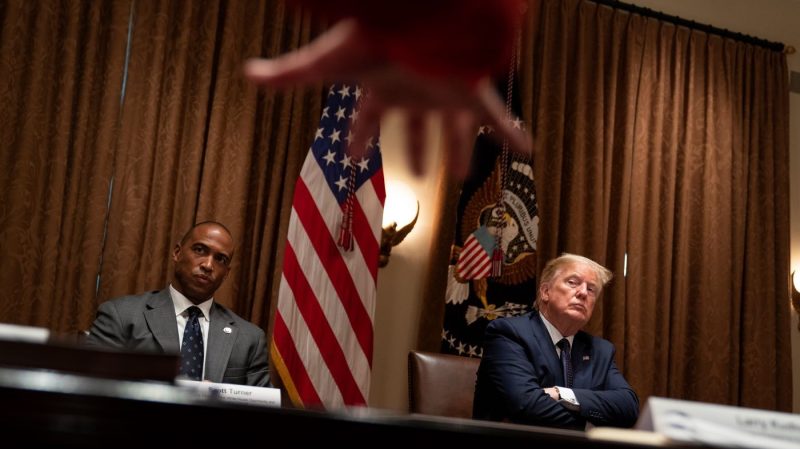
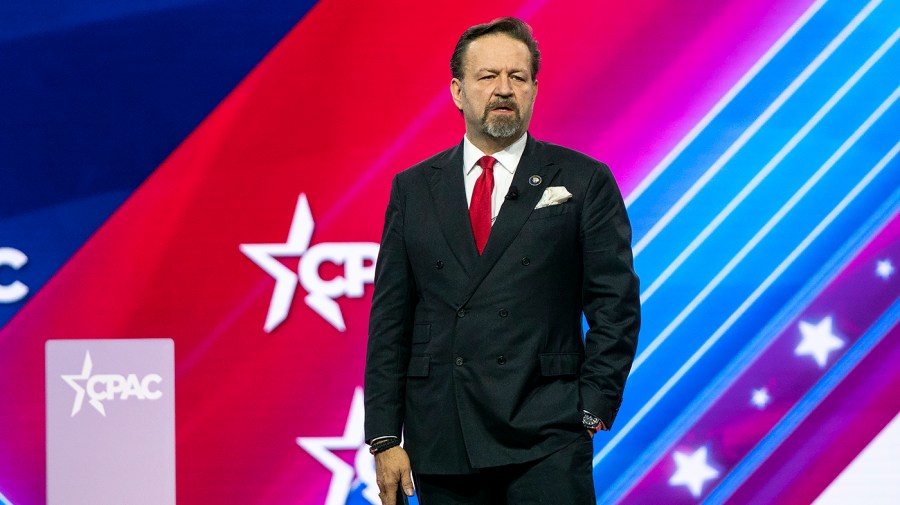
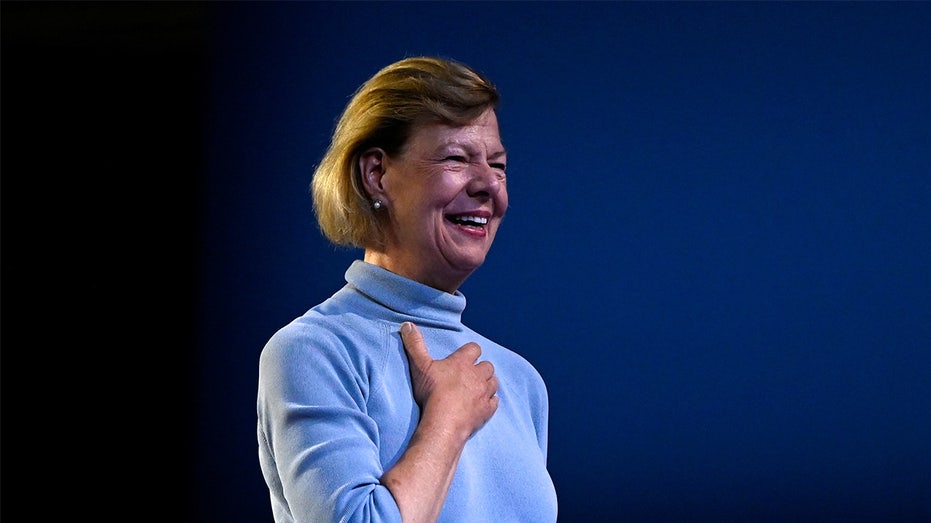
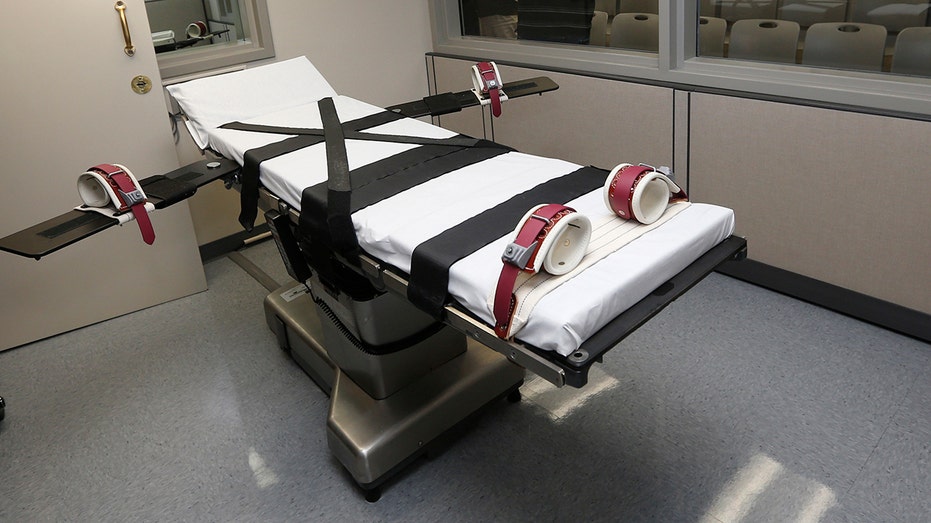
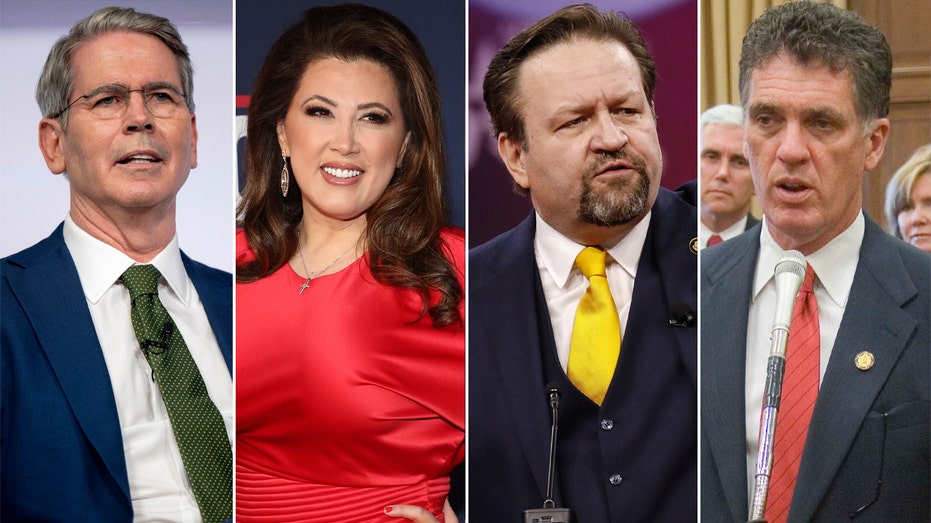
Leave a Reply